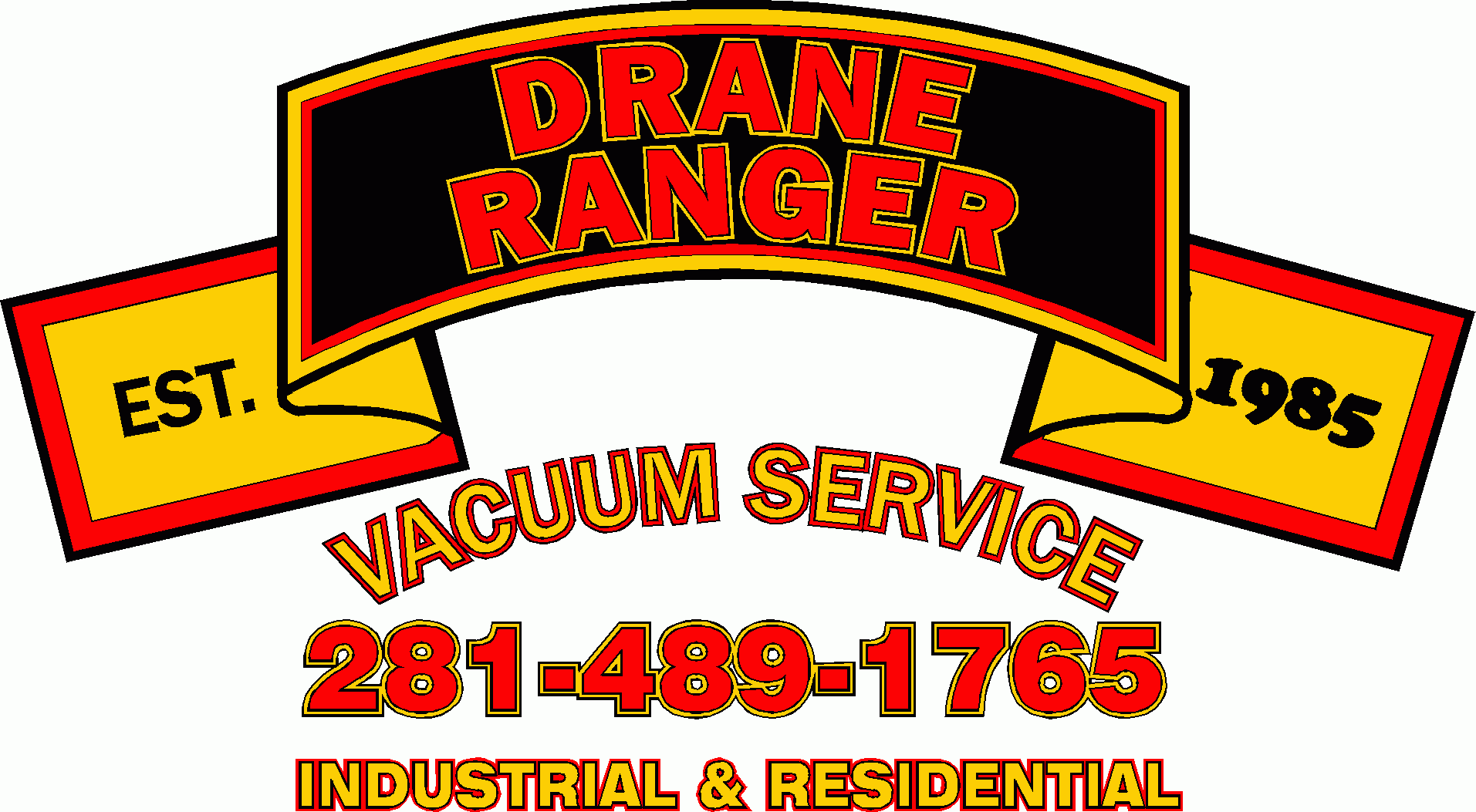A septic tank is a foundational part of a residential wastewater treatment system. It is a large, watertight container underground where household wastewater is collected and treated. The process of separation happens inside the septic tank, where the solids settle into the bottom while the liquids rise to the top and flow into the drainage field. As an essential part of the sewage system, a stable and durable septic tank is necessary to ensure proper wastewater management and prevent the potential contamination of the soil and water sources.
Benefits of Concrete Septic Tanks
Concrete septic tanks have been a reliable choice for homeowners for years. They have a long lifespan of up to 40 years and are proven to be highly durable, as compared to other materials. Here are some of the benefits of concrete septic tanks:
Structural Integrity and Stability: Concrete is a robust material and provides excellent strength and stability. It can withstand external pressures, including groundwater, earth movement, and a high volume of wastewater. Additionally, concrete can be molded into different shapes and sizes easily, accommodating the unique requirements of every house.
Enhanced Sewage Treatment: Concrete has a unique porous structure that allows the wastewater to be treated naturally. It ensures that wastewater is fully broken down before it is released into the soil and water sources, providing optimal wastewater treatment.
Environmental Considerations: Concrete is an environmentally friendly material. As it can be produced locally, it reduces the carbon footprint of transportation, and it can be recycled or reused.
Considerations and Maintenance Tips
Proper installation: Proper installation by professional septic tank installers ensures that a concrete septic tank functions correctly and avoids any potential problems in the future. They can provide essential information on local regulations, such as sizing requirements and setback distances, to ensure that the septic tank complies with the law.
Maintenance Tips: To keep your concrete septic tank in good condition, it is essential to avoid flushing anything other than toilet paper and human waste down the drain. Solid materials, such as paper towels and feminine hygiene products, can clog the tank and cause damage to the system.
Significance of Periodic Pumping and Professional Maintenance
It is vital to schedule periodic pumping to prevent the solids from building up in the tank, causing clogs and potential damage. Typically, concrete septic tanks require pumping every three to five years. Professional maintenance is necessary to maintain the septic tank’s structural integrity and avoid costly repairs down the line.
Looking for Septic Tank Cleaning in the Houston Area?
Drane Ranger is a professional and experienced septic tank cleaning service! We offer maintenance and repair services for residential, commercial, and industrial properties so your system is always at peak efficiency. Did we mention our wide service area including Houston, Pearland, Alvin, and Sugar Land?
Don’t leave your septic tank needs to the last minute – an unexpected failure could cost you big money with massive clean-ups or environmental fines for businesses. With regular care from Drane Ranger, you don’t have to worry about that. Start on your path to regularly scheduled care today. Contact Drane Ranger now by visiting our website or making a call – we can set up an appointment right away!
